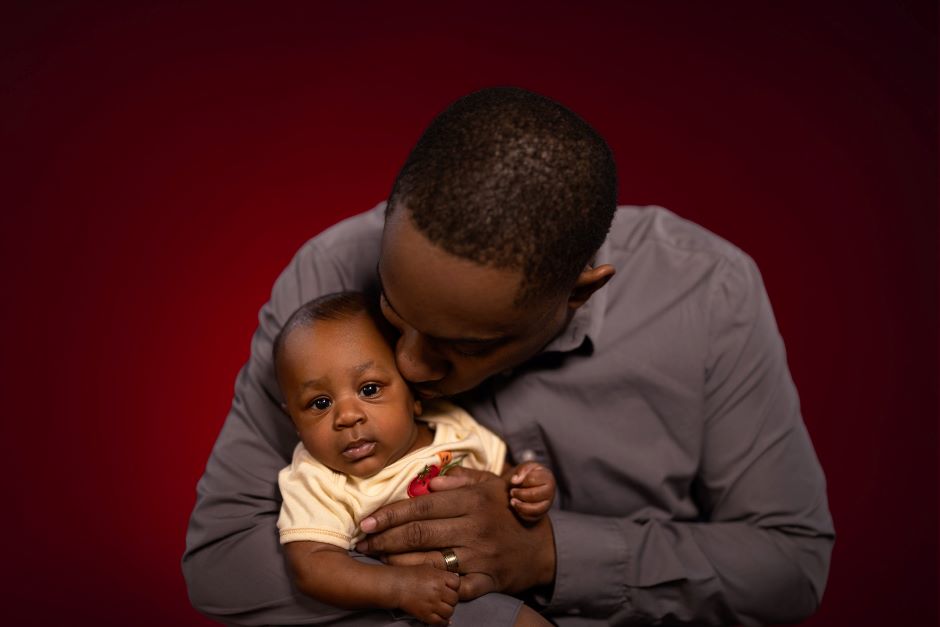
[By The Vestibular Therapists Committee for Rehabilitation Services at St. Peter’s Health Partners and Sunnyview Rehabilitation Hospital.]
Vertigo, or the sense of swaying or spinning while the body is at rest, is one of the most common reasons for senior citizens to visit the doctor. It can be caused by a variety of problems in the brain or inner ear.
The most common type, called Benign Paroxysmal Positional Vertigo (BPPV), is caused by sudden movements of the head that create a disturbance in the inner ear. There are three canals that help tell your brain where your head is in space. There are also crystals in your ear that, when you move your head, can sometimes fall into these canals.
When the crystals fall into the canals, it can give your brain a false sense of movement, which then causes you to feel dizzy for a short period of time, from 30 to 60 seconds. Once the crystals stop falling, the feeling of dizziness subsides.
Some common symptoms include:
- Dizziness with rolling over in bed, looking up, moving from laying down to sitting up, and bending over
- A sensation that the world is spinning, along with nausea and/or vomiting
- Feeling off balance or unsteady
If you are experiencing these symptoms, you should first contact your primary care provider. They can help you to determine if your symptoms are related to positional vertigo or another issue.
If your provider refers you for a vestibular physical assessment, your therapist will take you through an evaluation to determine the cause of the dizziness and best course of treatment. If you have BPPV, your therapist will work with you to determine which treatment maneuver is most appropriate to help reposition the crystals, based on your symptoms and results of testing.
 Your physical therapist can also help guide you to figure out the best treatment options if your dizziness is unrelated to BPPV. Other causes of dizziness can include inflammation in the inner ear; strokes or tumors; decreased blood flow to the brain; multiple sclerosis; head trauma and neck injury; reaction to medications; and Meniere’s Disease, which involves vertigo, ringing in the ears and hearing loss.
Your physical therapist can also help guide you to figure out the best treatment options if your dizziness is unrelated to BPPV. Other causes of dizziness can include inflammation in the inner ear; strokes or tumors; decreased blood flow to the brain; multiple sclerosis; head trauma and neck injury; reaction to medications; and Meniere’s Disease, which involves vertigo, ringing in the ears and hearing loss.
To confirm the diagnosis in such extreme cases, specialists can use a variety of tests to track eye movements and reflexes, or medical imaging, such as an MRI or CAT scans. Fortunately, the various types of vertigo can usually be treated with oral medications, exercises, and lifestyle changes.
Physical medicine and outpatient rehabilitation services from St. Peter’s Health Partners and Sunnyview Rehabilitation Hospital help you move through life on your terms. We are one of the Capital Region’s most trusted programs, with a broad range of services at locations throughout the Capital Region that relieve pain and make the most of your abilities.
Our knowledgeable therapists take time to get to know you and personalize your care, so you are more likely to achieve your goals. Whether you are managing the effects of a disorder such as vertigo, recovering from surgery, or learning new methods to perform daily tasks when a medical condition limits your physical or mental abilities, we are here for you.
For more information on our therapy locations, please visit https://www.sphp.com/sunnyview-outpatient-therapy-clinics.





